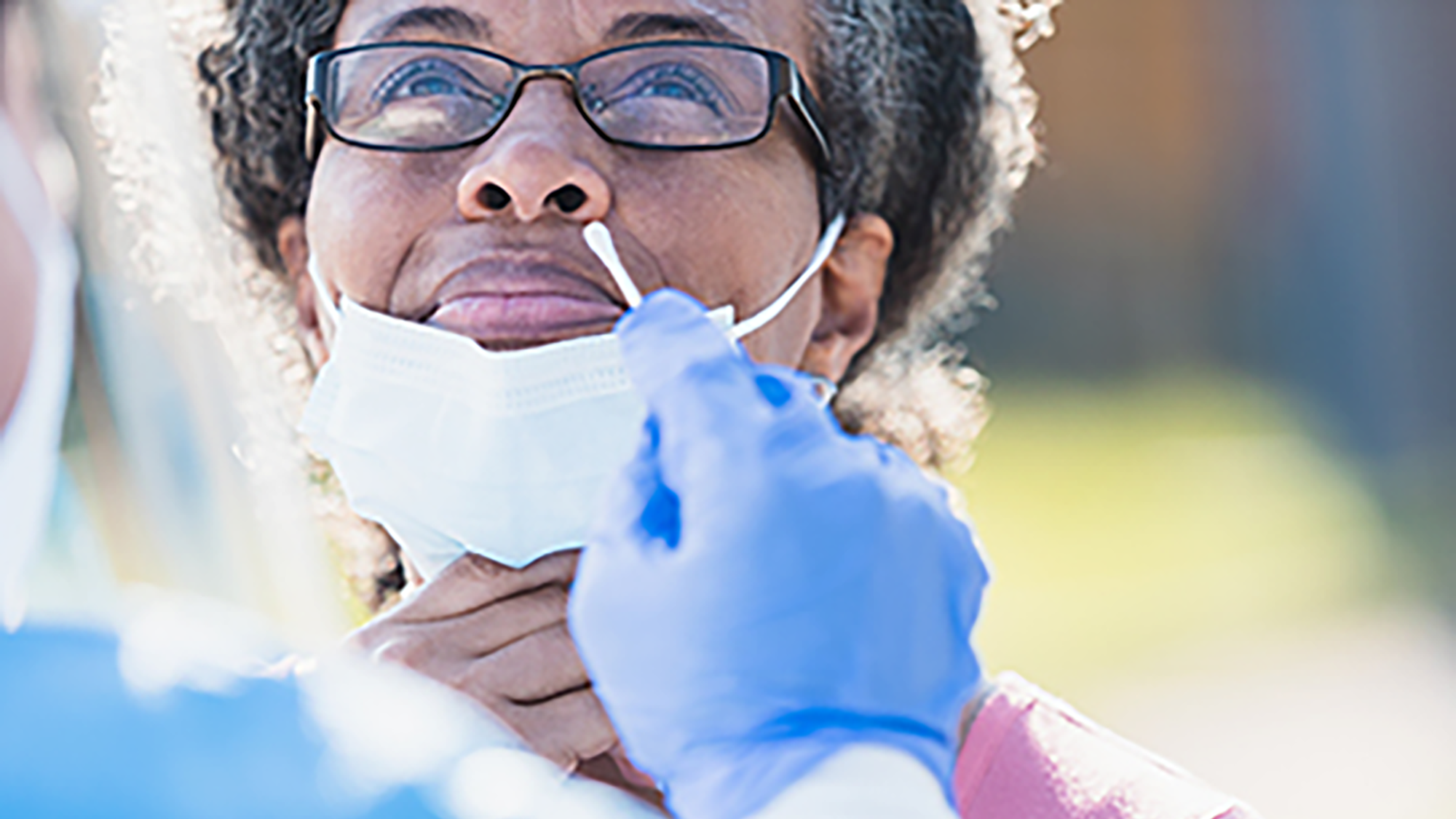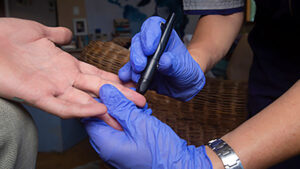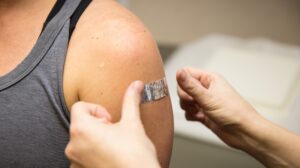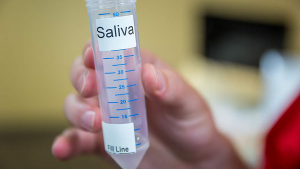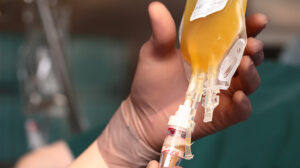Across the US, COVID-19 is hitting some communities harder than others, and Utah is no exception. In our state, Latinos make up 14 percent of the population but represent 40 percent of cases. Similarly, there are disproportionately high case and death rates among Pacific Islanders, African-Americans, Native Americans, and Utahns living in low-income neighborhoods.
With a goal of reducing health disparities in Utah, the National Institutes of Health (NIH) has awarded $5 million to Rachel Hess, and Guilherme Del Fiol of University of Utah Health, and David Wetter of Huntsman Cancer Institute and U of U Health. The team leads SCALE-UP Utah, an initiative that aims to increase the acceptance, reach, uptake, and long-term sustainability of COVID-19 screening and testing. The initiative will be carried out in partnership with 12 community health center systems across the state that run 39 primary care clinics serving more than 115,000 patients—most of whom live in rural and underserved communities.
“SCALE-UP Utah brings together partners from across Utah to ensure that there is adequate screening and testing for all population groups with a specific emphasis on those experiencing higher rates of COVID-19 infection,” Wetter says. “No one should be left behind in being protected from COVID-19.”
U of U Health is one of 32 institutions that received an NIH award through the Rapid Acceleration of Diagnostics-Underserved Populations (RADx-UP) initiative. The program supports both projects designed to rapidly implement COVID-19 testing strategies in populations disproportionately affected by the pandemic and research that aims to better understand COVID-19 testing patterns among these populations.
“It is critical that all Americans have access to rapid, accurate diagnostics for COVID-19, especially underserved and vulnerable populations who are bearing the brunt of this disease,” says Francis S. Collins, director of NIH. “The RADx-UP program will help us better understand and alleviate the barriers to testing for those most vulnerable and reduce the burden of this disease.”
SCALE-UP Utah takes advantage of pre-existing, evidence-based interventions developed by the team at the Center for Health Outcomes and Population Equity (HOPE), led by Wetter at Huntsman Cancer Institute and the Center for Clinical and Translational Science at U of U Health. These include:
- Initiating text messaging dialogues about testing and testing logistics between health care providers and patients who are at high risk for infection or severe disease.
- Designing information technology tools that prompt health care providers to ask, advise, and connect patients to COVID-19 screening and testing.
- Engaging patient navigators to motivate patients and address logistics and barriers that could otherwise prevent them from being tested for COVID-19.
The program is designed to roll out quickly and adapt as needed in order to reduce COVID-19-related health inequities. Wetter says an important goal of SCALE-UP Utah is to serve as a model for other health care systems that serve vulnerable and underserved populations.
Long-standing partnerships between the Center for Clinical and Translational Science, Huntsman Cancer Institute, Association for Utah Community Health, statewide community health centers, and the Utah Department of Health provide additional infrastructure and resources that will improve the reach of COVID-19 screening and testing.
In the future, the program can be readily adjusted and redeployed to meet additional health needs that arise during the pandemic. “SCALE-UP Utah will build an infrastructure that can be used for equitable dissemination of a COVID-19 vaccine once it becomes available,” Wetter says.
See original post here.
# # #
About Huntsman Cancer Institute at the University of Utah
Huntsman Cancer Institute (HCI) at the University of Utah is the official cancer center of Utah. The cancer campus includes a state-of-the-art cancer specialty hospital as well as two buildings dedicated to cancer research. HCI treats patients with all forms of cancer and is recognized among the best cancer hospitals in the country by U.S. News and World Report. As the only National Cancer Institute (NCI)-Designated Comprehensive Cancer Center in the Mountain West, HCI serves the largest geographic region in the country, drawing patients from Utah, Nevada, Idaho, Wyoming, and Montana. More genes for inherited cancers have been discovered at HCI than at any other cancer center in the world, including genes responsible for hereditary breast, ovarian, colon, head, and neck cancers, along with melanoma. HCI manages the Utah Population Database, the largest genetic database in the world, with information on more than 11 million people linked to genealogies, health records, and vital statistics. HCI was founded by Jon M. and Karen Huntsman.
About University of Utah Health
University of Utah Health is the state’s only academic health care system, providing leading-edge and compassionate care for a referral area that encompasses 10 percent of the US, including Idaho, Wyoming, Montana, and much of Nevada. A hub for health sciences research and education in the region, U of U Health touts a $408 million research enterprise and trains the majority of Utah’s physicians, including more than 1,460 health care providers each year at its Colleges of Health, Nursing, and Pharmacy and Schools of Dentistry and Medicine. With more than 20,000 employees, the system includes 12 community clinics and five hospitals: University Hospital, Huntsman Mental Health Institute, Huntsman Cancer Hospital, University Orthopaedic Center, and the Craig H. Neilsen Rehabilitation Hospital. For 11 straight years, U of U Health has ranked among the top 10 US academic medical centers in the rigorous Vizient Quality and Accountability Study.
